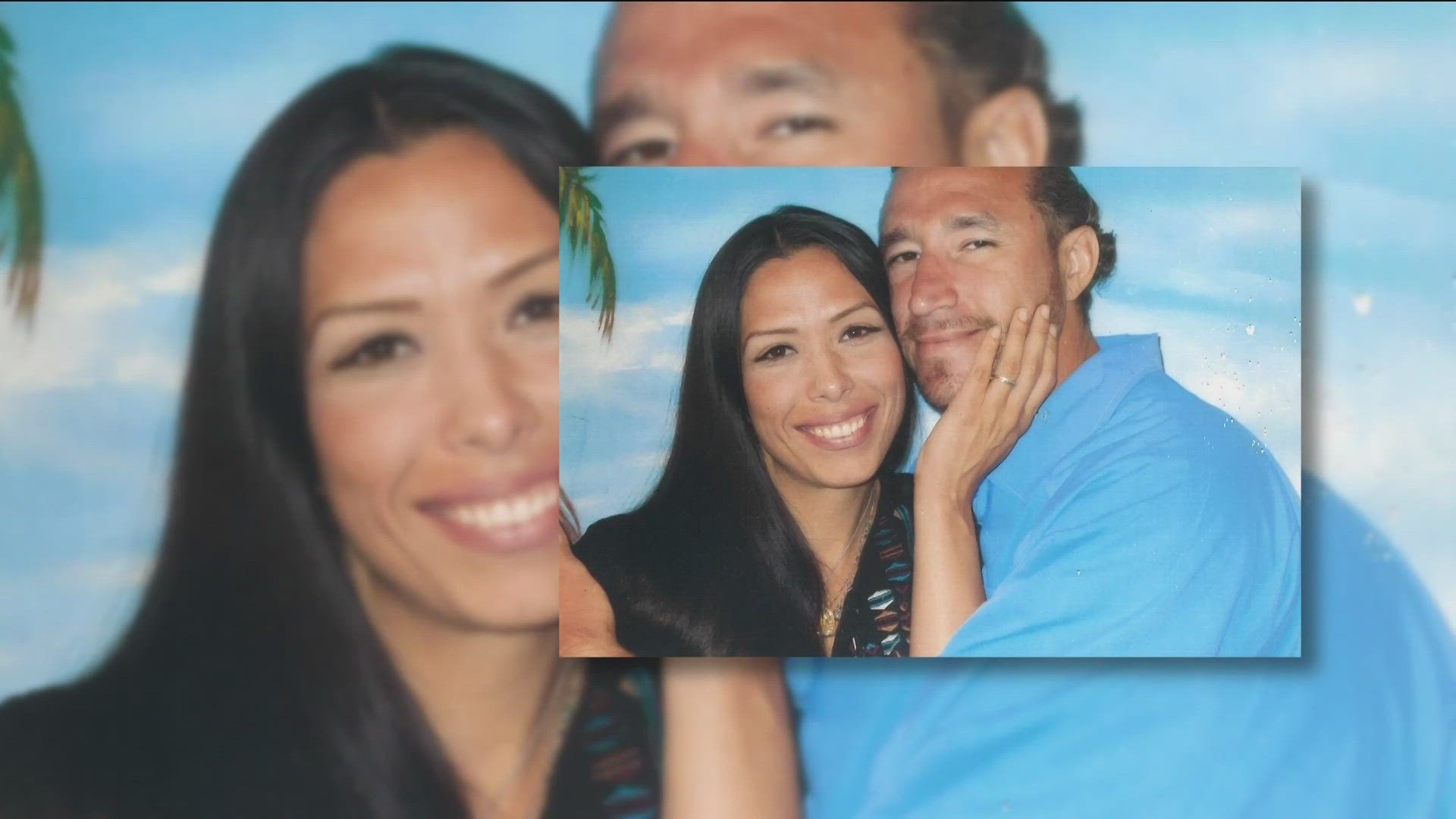KERN COUNTY, Calif. — On Sept. 6, 2019, Christina Cardenas made a four-hour drive from San Diego to the state prison in Tehachapi to visit her husband who is incarcerated there. They hadn't seen each other in more than a year.
But instead of being reunited with her husband, correctional officers handcuffed her for several hours, strip-searched her, forced her to undergo drug and pregnancy tests, CT scans, and a painful cavity search by a doctor.
"It was so horrifying what they put me through, I couldn't imagine anyone ever having to endure that sort of torture," Cardenas said.
In what her attorneys call a "historic result," Cardenas will receive a $5.6 million settlement in a lawsuit against the California Department of Corrections (CDCR) and the hospital that supervised the search. CDCR will pay $3.6 million and the rest will be paid by two correctional officers, a doctor and the Adventist Health Tehachapi Valley Hospital in Kern County.
That September morning, prison officials presented Cardenas with a search warrant that allowed an X-ray to assure she wasn't smuggling in contraband to her husband Carlos Cardenas, who's been incarcerated since 2001 on armed robbery charges.
It was supposed to end there when officials found no contraband.
Despite not having any contraband on her, deputies continued. Cardenas said she had been unlawfully searched before. She had been strip-searched without her consent the day she married her husband in 2016, an experience that she says was "demeaning and horrifying."
Three years after that first strip search, in September 2019, she asked if she would be strip-searched again, fearing their answer — remembering her wedding day.
But she says what happened was far worse.
Prison policy only allows strip searches if contraband is found in an X-ray, but neither the X-ray nor an additional CT scan would find any evidence of this.
According to her attorney Gloria Allred, three officers took her into a room and unlawfully made her strip naked before they searched her and taunted her.
"Why do you visit, Christina? You don't have to visit," an officer allegedly asked her. "It's a choice and this is part of the visit."
Attorney Allred — whose five-decade career has encompassed myriad high-profile cases around women's rights and sexual misconduct — said this was a form of intimidation.
Allred told CBS 8 that correctional officers subjected her to the equivalent of a "perp walk" and drove her to the hospital to meet with a doctor for a battery of tests and intrusive body searches.
"A doctor there searched her body through a CT scan, and then by taking his fingers and probing them into her vagina and her anus," Allred said. "While she's crying, while she's in handcuffs, while she is refusing to provide consent, which they asked her to provide, and they went well beyond what the court said could be done."
She was also deprived of water and food for several hours and forced to take a pregnancy test.
Cardenas said visitors are often treated as if they are inmates themselves.
"I haven't done anything wrong, I haven't committed any crimes," she told CBS 8. "I'm just visiting a husband, my husband, who I love dearly."
Cardenas said she was compelled to fight this "inhumane" and "degrading" treatment to prevent it from happening to others.
Allred said cases like this aren't uncommon.
"There are a lot of people who get strip searched when they go to visit their relatives in prison," she said. "They're afraid to say anything, or they don't know if they have any rights, and they're afraid if they do assert any rights, that they will be retaliated against they won't be allowed to visit, or they speak a different language, and they will not know how to communicate this.
She's standing up for everyone," Allred added.
In addition to the $5.6 million, Cardenas' legal team fought for an agreement with CDCR that requires a policy that's more protective of visitor's rights when it comes to cavity searches.
Allred and Cardenas both say they hope this case helps family members who can visit incarcerated loved ones without intimidation.
Allred said this win is good for inmate's loved ones — but it's also a tough lesson learned for CDCR officials.
"Abuse should not be tolerated," Allred said. "It will not be tolerated. This is a lesson they had to learn the hard way, and they learned it through Christina."
WATCH RELATED: Family of woman who died in custody reaches historic $15 million settlement with County of San Diego

